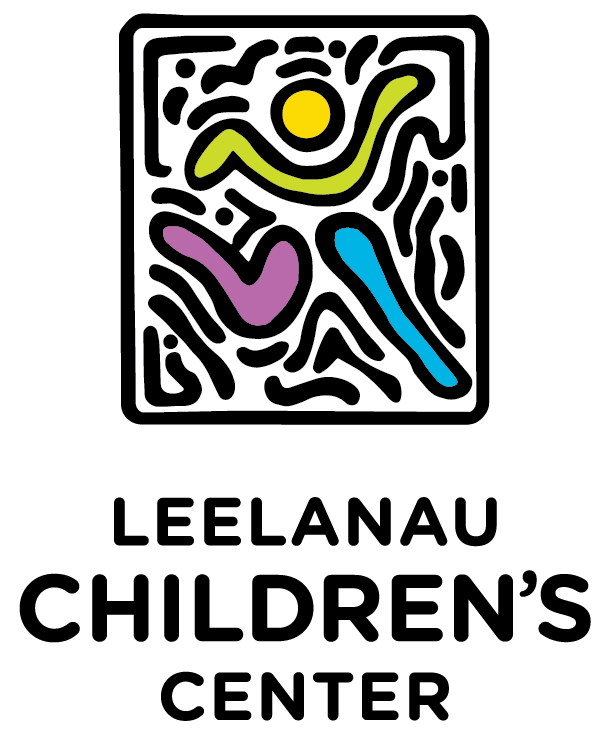Alike and Different
The early childhood years mark a period in which children are struggling to understand how people behave. A key concern in the preschool years is how we are alike and how we are different. Understanding how others are like us and different from us is an important attribute in social development.
Young children are learning to classify and begin to use their developing classification skills to sort people into categories. No doubt, you have experienced, or heard, children in this sorting process - Wow, she is so fat! Why is that man black? Hey, hey, hey that guy can’t walk!!! These are all comments that reveal the process of sorting people into categories. Our social norms pretend that adults don’t sort people, but we all know what we all do it -adults are just typically quieter about it.
It seems to be human nature to sort and to categorize. We feel more at peace when we organize things and experiences into categories. A great deal of our conversations revolve around this process - I was so uncomfortable at dinner last night; didn’t she remind you of…; doesn’t this look like….! All these comments place one’s experience in the context of a previous experience and category.
What can we do with this urge and development stage to promote social emotional health? Let us help children learn to use the classification drive to build knowledge rather than to isolate themselves and/or others.
People typically respond to unfamiliar circumstances with some fear or avoidance. We are often nervous when we are faced with a situation that we are unfamiliar with. Imagine finding yourself in a country where you know nothing of the customs, nor do you speak the language. Imagine taking classes in a field you know nothing about beginning the class with a test. Sometimes I think that is how children feel at some point every day.
As parents, we can help children manage this mistrust of the unfamiliar by helping them name that which is unfamiliar and then get some information about it. When your child asks why that guys is “walking in a chair,” help your child get some information - perhaps go and talk to the guy “walking in the chair.” Let your child ask him some questions. Follow the conversation up with a trip to the library, a nursing home, a hospital (somewhere you can use a wheelchair). Your goal is to help your child become somewhat familiar with the new category.
Interestingly enough - a child’s innocent and straightforward question is often a relief even to the person they are addressing. The fellow in the wheelchair may be delighted to tell your child about how he came to be in the wheelchair or what life is like in it. People of color may be delighted to have the opportunity to tell your child why their skin is a different color. The invitation to talk is often perceived as a welcome rather than an insult or simply continuing isolation or exclusion. Can you think of times you have felt that you are perceived as the oddball and felt continually excluded? Might you have welcomed the change to break the social ice by talking about the condition that you felt excluded you?
And finally, as it so often does, parenting young children allows you to a chance to practice self-reflection. We often find that our own prejudices and discomforts are provoked when our children are faced with situations that we struggle with. Consider and struggle with your own biases before you unwittingly hand them on to your child. Do you really want your child to believe that all people who are [blank] are stupid or that people who [blank] are [blank]? Take advantage of the pattern of classifying and getting information to education yourself to challenge your own biases.
Our goal during this developmental period is to help our children build a social context in which social differences are not threatening but rather are interesting and even potentially positive attributes. America is described as the melting pot, but we can’t melt if we avoid one another. Let us work toward a society in which we accept, respect, and even expect differences among our friends and neighbors. Let us learn to explore and benefit from our differences.
We hope that you find the social-emotional journey of family-making a rich and challenging period. It certainly is a time of great potential, as we are helping children lay the foundation upon which they will build their social-emotional health and well-being. The task is enormous and often overwhelming. If you have other ideas about how we might help you help support your child’s social emotional competence, please let us know, we are always eager to discover new ideas.
Maggie Sprattmoran
Executive Director, 1983-2013
Leelanau Children’s Center and Leelanau County Family Coordinating Council
